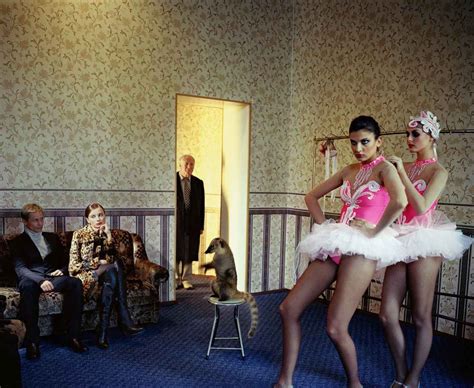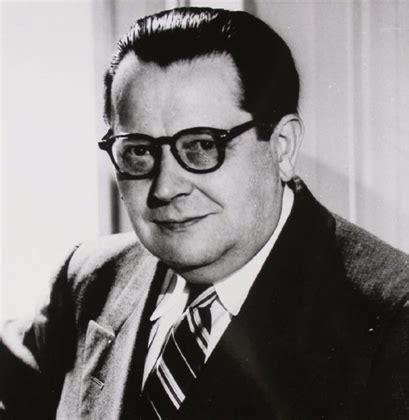A Quote by Jiddu Krishnamurti
Observe, and in that observation there is neither the "observer" nor the "observed" - there is only observation taking place.
Related Quotes
As there is not in human observation proper means for measuring the waste of land upon the globe, it is hence inferred, that we cannot estimate the duration of what we see at present, nor calculate the period at which it had begun; so that, with respect to human observation, this world has neither a beginning nor an end.
There is no ideal in observation. When you have an ideal, you cease to observe, you are then merely approximating the present to the idea, and therefore there is duality, conflict, and all the rest of it. The mind has to be in the state when it can see, observe. The experience of the observation is really an astonishing state. In that there is no duality. The mind is simply - aware.
Literature especially has an interesting relationship to photography - to observation, to description, to fiction: taking something that you see and elaborating, jamming, and I think, staging.... taking that moment of observation and letting it go, giving it some wings, following it, rather than nailing it. You're riffing off of reality.
Thus even supposedly unadulterated facts of observation already are interfused with all sorts of conceptual pictures, model concepts, theories or whatever expression you choose. The choice is not whether to remain in the field of data or to theorize; the choice is only between models that are more or less abstract, generalized, near or more remote from direct observation, more or less suitable to represent observed phenomena.
A curiously interested observer sees a great deal, a scientifically interested observer is worthy of all honor, and anxiously interested observer sees what others do not see, but a crazy observer sees perhaps the most, his observation is more intense and more persistent, just as the senses of certain animals are sharper than those of man.







































